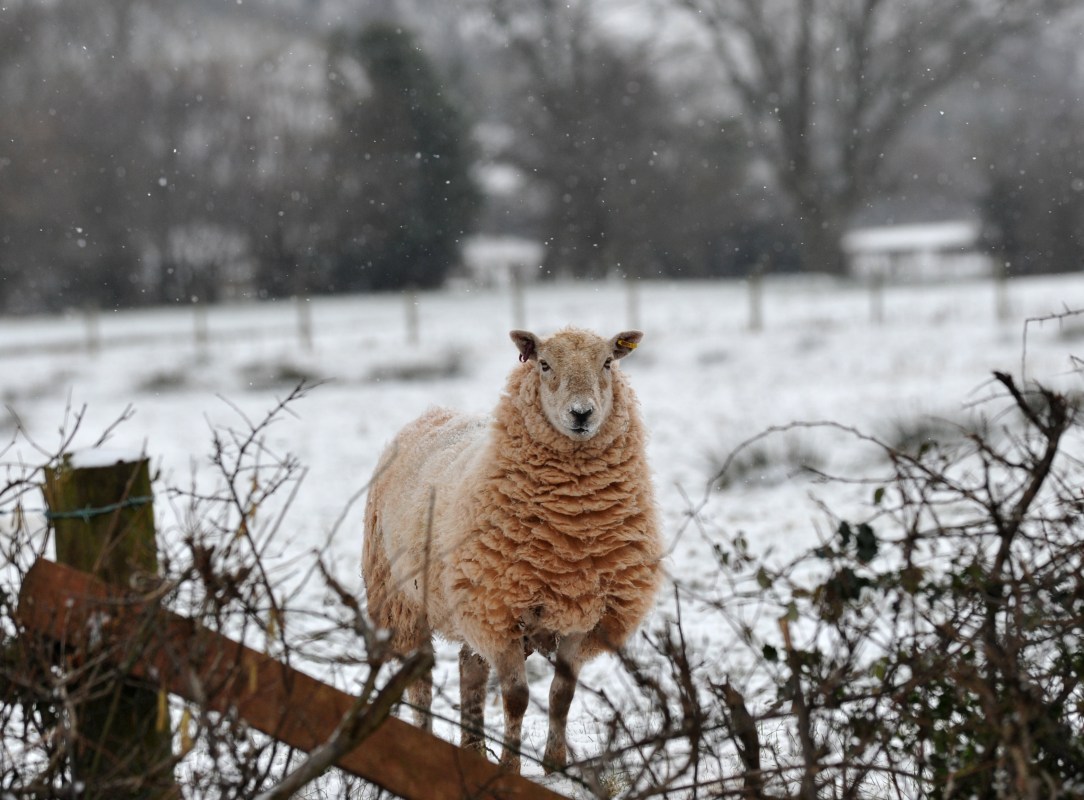For more than a century, a strange and specific oath was taken by witnesses to English burials. According to Atlas Obscura, it went something like this: “I solemnly swear that this dead person was not wrapped in anything “made or mingled with Flax Hempe Silke Haire Gold or Silver,” but rather in a shroud “made of Sheeps Wooll onely …”
As of March 25, 1667, everyone in England had to be buried in woolen, not linen, shrouds, otherwise, a hefty £5 fine taken from the deceased’s estate or his or her associates.
Why? Basically, Parliment was seeing a lot of sheep, a lot of imported linen, and unfortunately, a lot of death, since this was a bad time for the bubonic plague. The plague contributed to 219,601 registered deaths by the end of 1665. Linen was England’s second-biggest import at the time, and most of the corpses, by custom, would have been shrouded in linen. Because of all the linen burials, the wool industry in England was itself buried.
Hence the switch to wool. According to Alice Dolan, a scholar of linen’s history in England, a switch to wool burial shrouds could have preserved over 1.9 million yards of linen in 1665, writes Atlas Obscura.
Thanks for reading InsideHook. Sign up for our daily newsletter and be in the know.


















